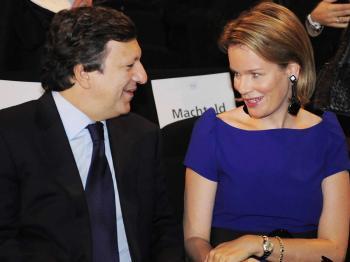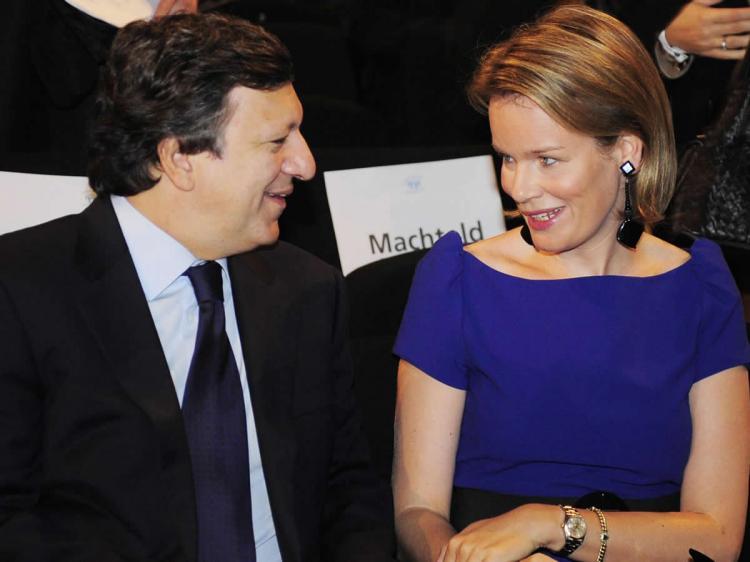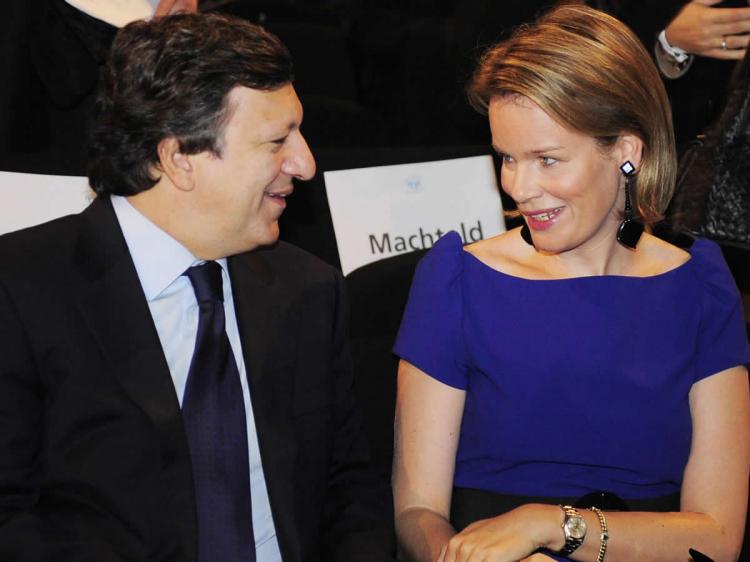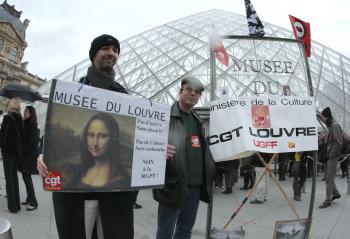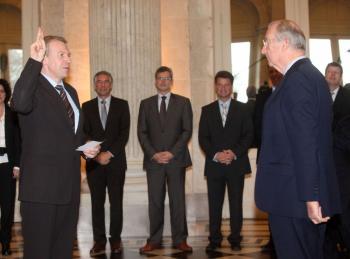BRUSSELS, Belgium—The European Commission (EC) launched what it hopes will be an aggressive campaign to fight the battle against cancer on Tuesday September 29 in Brussels.
The European Partnership for Action Against Cancer aims to reduce the number of cases of cancer by 15 percent by 2020. With 3.2 million Europeans being diagnosed with cancer every year, that would translate into 510,000 fewer new cases.
“It’s an ambitious target but one that can be achieved.” said EC President Jose Manuel Barroso during his opening speech at the launch.
“It is achievable, if we work together. We have the building blocks, the dynamism of our economy, innovation of our scientists, the capacity for research, solidarity of our communities and the collective strength of our partnership … A just society is one that takes care of its vulnerable members,” said Barroso.
Cancer is the second most common cause of death in Europe after circulatory disease. Breast, lung and colorectal cancers account for most cases. With cancer cases increasing as the population ages, currently cancer accounts for three out of 10 deaths in men and two out of 10 deaths in women.
A closer look at cancer rates in the 27-nation EU reveals big differences between countries, both in terms of frequency of cases and their outcome. The hope is that by sharing knowledge, capacity and experience, EU countries will have more success in preventing and treating the disease.
Belgium Crown Princess Mathilde presided over the launch, giving her personal backing to the European partnership. She stressed the importance of cancer research and prevention. “I met many breast cancer patients and I learned that regular screening and early detection have saved many lives and given hope for the future. Brest cancer is a disease that can be cured today.”
Another goal of this partnership is to make sure that experts can collaborate across international borders. European Union Health Commissioner Androulla Vassiliou said part of the goal is to reduce the fragmentation of research between different countries and different funders in order to concentrate European research expertise.
“I hope that we will be able to combine the political authority of the EU institutions with the commitment and know-how of the full range of partners across Europe to bring about real change. All this together we think we can make a difference. And our aim is to make a difference for thousands or even millions of people,” said Vassiliou.
The European Partnership for Action Against Cancer aims to reduce the number of cases of cancer by 15 percent by 2020. With 3.2 million Europeans being diagnosed with cancer every year, that would translate into 510,000 fewer new cases.
“It’s an ambitious target but one that can be achieved.” said EC President Jose Manuel Barroso during his opening speech at the launch.
“It is achievable, if we work together. We have the building blocks, the dynamism of our economy, innovation of our scientists, the capacity for research, solidarity of our communities and the collective strength of our partnership … A just society is one that takes care of its vulnerable members,” said Barroso.
Cancer is the second most common cause of death in Europe after circulatory disease. Breast, lung and colorectal cancers account for most cases. With cancer cases increasing as the population ages, currently cancer accounts for three out of 10 deaths in men and two out of 10 deaths in women.
A closer look at cancer rates in the 27-nation EU reveals big differences between countries, both in terms of frequency of cases and their outcome. The hope is that by sharing knowledge, capacity and experience, EU countries will have more success in preventing and treating the disease.
Belgium Crown Princess Mathilde presided over the launch, giving her personal backing to the European partnership. She stressed the importance of cancer research and prevention. “I met many breast cancer patients and I learned that regular screening and early detection have saved many lives and given hope for the future. Brest cancer is a disease that can be cured today.”
Another goal of this partnership is to make sure that experts can collaborate across international borders. European Union Health Commissioner Androulla Vassiliou said part of the goal is to reduce the fragmentation of research between different countries and different funders in order to concentrate European research expertise.
“I hope that we will be able to combine the political authority of the EU institutions with the commitment and know-how of the full range of partners across Europe to bring about real change. All this together we think we can make a difference. And our aim is to make a difference for thousands or even millions of people,” said Vassiliou.
